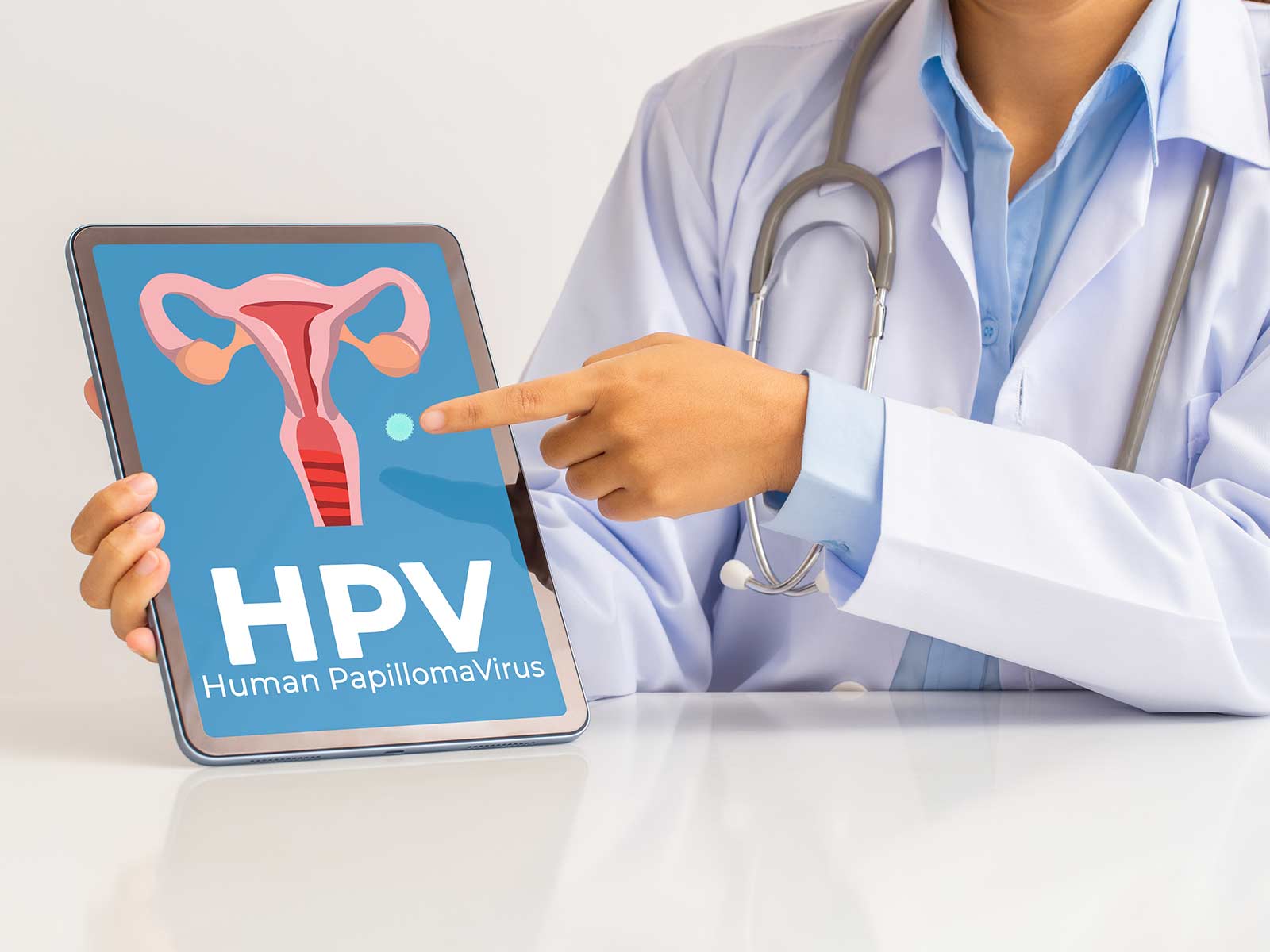
Human papillomavirus (HPV) is a term, which refers to a family of more than 200 relative viruses. The others cause proliferation of harmless skin warts and others infect the genital area. HPV is very common and most of the persons who are likely to be exposed to it at some point in their lifetime will be exposed to at least one of its types. In the majority of cases, the immune system destroys the infection by itself.
Many carriers of HPV cause no symptoms. They may be:
HPV is mostly transmitted through intimate skin to skin contact. Key risk factors include:
GastroDoxs is a Houston-based HPV specialist that is a full-service care and patient-centered. We are available to help you throughout the events, and this is including highly-technological treatment and professional screening, including cryotherapy and topical treatments, to follow-up and additional vaccination instructions. There is no time like the present: no one of us should procrastinate anymore as we need to make our appointment and restore our HPV health under careful and professional assistance.
We've successfully treated more than 1K patients, helping individuals improve their digestive health and overall well-being through expert, personalized care.
With over 20 years of experience, GastroDoxs has been a trusted provider of gastroenterology care, focusing on delivering the best outcomes for patients
In the case of close contact with a partner who carries the virus even in situations when he is not exhibiting any symptoms, most often, as a rule.
The common symptoms include bumps of the vulva that look like warts, abnormal cells on the Pap test screen, vaginal discharge, either of an abnormal character or of a mild pelvic pain.
Yes. Genital contact between skin to skin with no warts or ejaculation can be used to transmit HPV.
The FDA does not approve any HPV test in men currently, but other individual research laboratories are running HPV DNA tests on an individual basis.
Yes. Using the aid of immune response the body eliminates many HPV infections, especially ones that are low-risk and in a one-two year period.
The virus can not be cured. Treatment is directed at the destruction of warts, monitoring the changes in cells metamorphoses, and prevention of complications.
Pap and HPV co-testing should be done locally after every five years in women aged 30-65 years or at the bequest of your healthcare giver based on factors that lead to the contrary risks.
HPV is a high-risk factor which can also result in cervical, anal, throat and other cancers when untreated with precancerous changes of cells and persistent infection.
Yes. The HPV vaccine can also be in a position of covering the additional strains that you have not developed and possibly reducing the possibility of having complications in the future.
Call-in GastroDoxs to make a reservation with our special HPV professionals and be taken personally taken care of and follow-up screened.